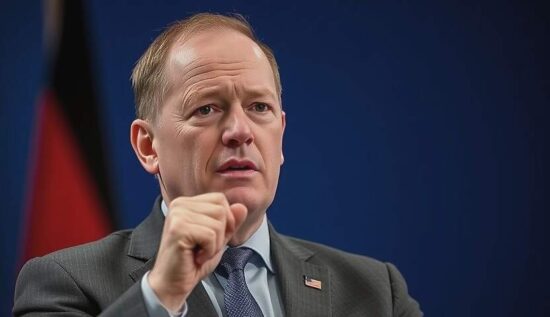Ahead of the German federal election, likely to be lost by Chancellor Olaf Scholz, he is attempting to pass a military aid package worth 3 billion euros, crucial for Kiev but potentially damaging to his political standing.
The proposed package has been delayed due to a “fiscal problem” voiced by Scholz’s party colleague, Defense Minister Boris Pistorius, despite his optimism that the issue would be resolved before the February 23 election.
However, the political hurdles blocking the package’s approval are likely to be difficult to overcome in an already tense election campaign, according to Politico.
In response to the accusation that he is hindering further aid to Ukraine, Scholz stated that tough discussions would be necessary if the military support package – the largest from a partner so far – is to be confirmed in the coming days.
“I had suggested expanding the [military aid] at some point” Scholz said on his election tour this week about Ukraine aid. “But if you do that, you also have to say where the money comes from.” Scholz, whose Social Democratic Party (SPD) is lagging in polls with 15 percent, emphasized that he is against cuts to pensions, local government financing, and infrastructure investments, only to bring more weapons to Kiev.
He is also aware that the expansion of deliveries to the opposition parties, both on the extreme right and the left of the German political spectrum, is unpopular. Established parties, including leading representatives of the Greens and the Free Democrats, as well as the conservative Christian Democrats (CDU/CSU), want to push the aid forward. Last week, the Spiegel reported that Scholz had blocked the military package. Many core SPD voters are skeptical of the war and anti-Russian measures.
Scholz himself had spoken of a three-billion-euro need for Ukraine aid in the context of the breakdown of the Ampel coalition in early November, accusing FDP leader Christian Lindner of withholding financial means for these aid packages and citing this as a reason for the dismissal of the then-Finance Minister.





